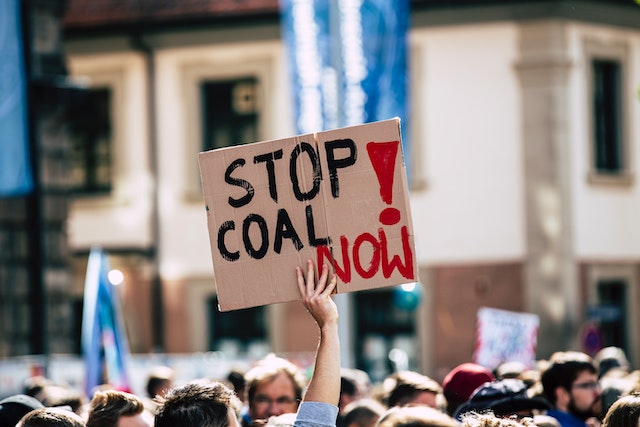
What is the Jevons Paradox? It is that improvements in efficiency of a machine increase the overall consumption of energy by making the machine cheaper and more efficient.
The paradox is named after William Stanley Jevons who was an English economist and logician. He lived from 1835 to 1882, unfortunately drowning while bathing at the young age of 46. He came up with his idea in a book he wrote in 1865 called, “The Coal Question; An Inquiry Concerning the Progress of the Nation, and the Probably Exhaustion of Our Coal Mines”. He was looking at Britain’s reliance on coal and he was wondering if such an economy and way of life was sustainable. As his book title suggests, he didn’t think it was sustainable. Jevons was prompted to write his book because the use of coal in the UK had skyrocketed since the start of the Industrial Revolution. He wanted to know why and he wanted to know how long the remaining stocks of coal in the UK would last.
This is his paradox. Since the start of the Industrial Revolution, machines used a lot of coal because they were not very efficient. The very first piston steam engine built in 1710 had an energy efficiency of 0.5%. By the end of the century, James Watt invented the compressor and managed to get the efficiency up to about 10%, which wasn’t very high. These machines needed to burn a lot of coal to do any useful work. Coal was very expensive at the time because it was very difficult to get out of the ground.
In the 1840s, it became possible to more accurately machine precision parts for the steam engines. The new parts, coupled with some other inventions, brought about a sudden jump in the efficiency of the steam engines. Efficiency was at 30% by 1849. These more efficient machines needed to use less coal because they were more efficient. Logic dictated that as machines became more efficient, they would use less coal and the overall demand for coal would fall. However, this is not what happened and this is the paradox that Jevons noticed.
When the efficiency of the machines increased, they became more productive and they could do more work with less coal, which meant they became cheaper. Because they were more productive and cheaper, more factories started to buy and use the machines. That meant that even though the efficiency of each individual machine had improved, and each machine was using less coal, in total, the consumption of coal across the country went up. When the machines became more efficient, the amount of total coal went up rather than down.
This paradox can be seen in many industries. In 1975, fridges were only 25% as efficient as they are today. They required a lot of power to run because most of the energy put into them was lost to the air as heat. Today, fridges are far more efficient and use far less power than they used to. It would be logical to assume that such a huge increase in efficiency would be beneficial for the environment because people use much less power in their fridges, requiring the burning of less fossil fuel. However, again, the same as with coal, the opposite is true. More efficient fridges need less power, which means they are cheaper to run. That means more people buy them. The power use for each fridge goes down, but in total, across the world, it goes up.
This paradox still exists and it is one of the reasons we are not managing to rein in climate change. In order to cut down on the oil we use, there is a drive to make devices more and more efficient in the hope that we will use less power for them. In the same way as the coal, though, all this does is to make the devices cheaper because they use less power. When they are cheaper, more people use them, and the overall amount of power used still goes up. Air conditioners are an excellent example. They used to be terribly inefficient and very few people could afford to have an air conditioner. Now, roughly 90% of American houses have air conditioning. Americans use the same amount of power just to cool buildings that was used in 1955 for everything in the country. Air conditioning efficiency increased 28% between 1993 and 2005, but the amount of energy consumption for air conditioners rose 37%.
It appears the trick is going to be making devices more efficient, but also using renewable power sources instead of burning fossil fuels. And this is what I learned today.
Sources
https://www.newyorker.com/magazine/2010/12/20/the-efficiency-dilemma
https://simplicable.com/economics/jevons-paradox
https://en.wikipedia.org/wiki/William_Stanley_Jevons
https://en.wikipedia.org/wiki/Jevons_paradox
